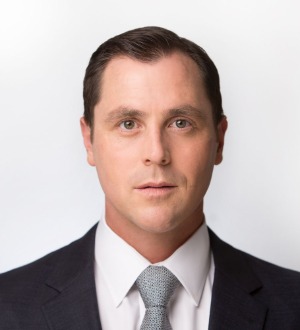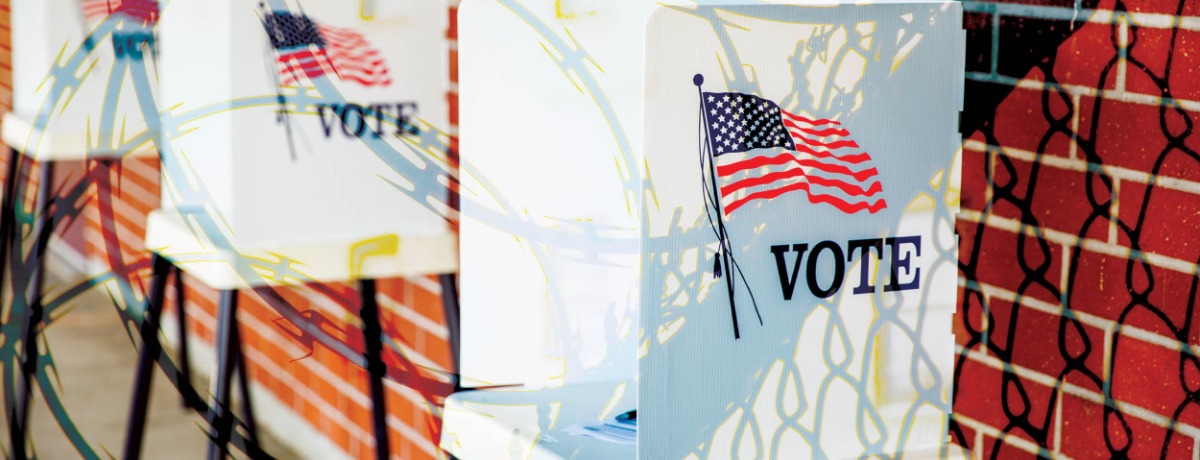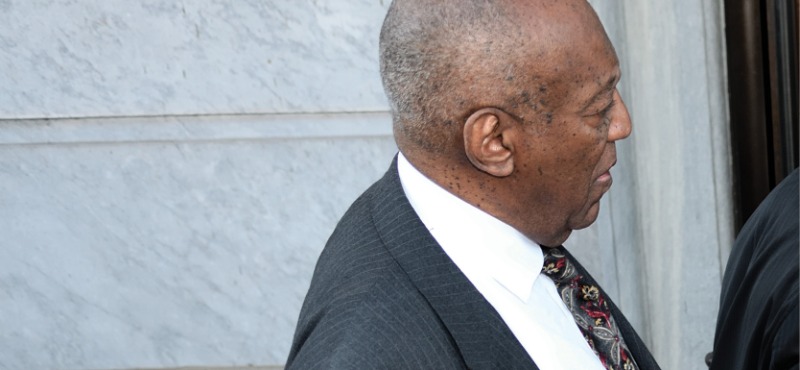“If this is the law, nobody is safe.”
Those are the words of two federal appellate judges. Their concern is that the criminal obstruction statute for tax investigations, 26 U.S.C. § 7212(a), is being interpreted to afford “capacious, unbounded, and oppressive” opportunities for government abuse. General counsel should be just as troubled, for these judges see a regime on the horizon where a prosecutor says, “Show me the man, and I’ll find you the crime.” More likely, the eager prosecutor will say, “Show me the corporation…” These two judges are not the only ones on the federal bench who are uneasy; this fall in United States v. Marinello, the United States Supreme Court will decide the scope of the statute.
Under the law of four circuits (First, Second, Ninth, and Tenth), almost any act or omission is a basis for an obstruction charge because there is no mens rea requirement of a pending tax investigation. The action need only be done with intent to obtain an unlawful benefit, and that benefit does not need to be a benefit under the tax code. The Sixth Circuit has split from the other circuits by requiring knowledge of an active IRS investigation. The American College of Tax Counsel and the National Association of Criminal Defense Lawyers filed briefs supporting a certiorari grant and calling for the Supreme Court to narrow the scope of criminal liability.
Concern for General Counsel
The consternation is heightened for corporate counsel advising on legitimate but aggressive tax avoidance strategies. If the strategy turns out to be improper, a lost lunch receipt, incomplete notes from a meeting on accounting methodology, or even cash transactions could become fodder for a federal agent or prosecutor looking to criminally indict. General counsel should monitor Marinello as the case works its way through the Supreme Court and seek advice from white-collar defense attorneys about accounting practices that are based on aggressive tax minimization.
-----------------------
Jesse Gessin is senior counsel at Keller/Anderle LLP and a lecturer in criminal trial advocacy at the University of California, Irvine School of Law.



















